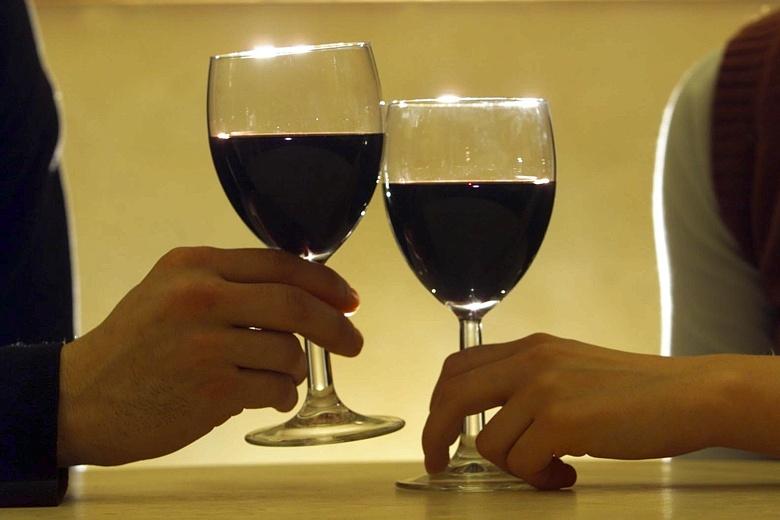For years, wine lovers have been able to tell themselves that their daily glass of red was keeping them healthy. Now, however, scientists have found that a key compound in red wine that was thought to protect the heart does not help people live longer.
An antioxidant called resveratrol, also found in chocolate, grapes and blueberries, did not cut the risk of heart disease, cancer or early death in a study of older people in Italy.
After previous research in the laboratory suggested it reduced inflammation and helped mice to live longer, resveratrol has been widely touted as a solution for the “French paradox”. France’s low rates of heart disease despite a high-fat diet have been attributed to consumption of red wine, prompting US researchers to test the effects of resveratrol in everyday life.
“The story of resveratrol turns out to be another case where you get a lot of hype about health benefits that doesn’t stand the test of time,” said Richard Semba of the Johns Hopkins University School of Medicine and leader of the study. “The thinking was that certain foods are good for you because they contain resveratrol. We didn’t find that at all.”
Dr Semba said that his study did not prove that red wine or berries were not good for you, “It’s just that the benefits, if they are there, must come from other polyphenols or substances found in those foodstuffs.”
His team looked at 768 people over 65 in the Chianti region, who had their urine tested for resveratrol. A third of them died over the next nine years but those with the highest resveratrol levels were no less likely to die than anyone else. After adjusting for factors including age, sex and weight, the researchers also found no link with heart disease or cancer, they report in the journal JAMA Internal Medicine.
Maureen Talbot, senior cardiac nurse at the British Heart Foundation, said: “The results of this study, while interesting, will not change the dietary advice we provide. People should continue to eat plenty of fruit, veg and wholegrains.”

